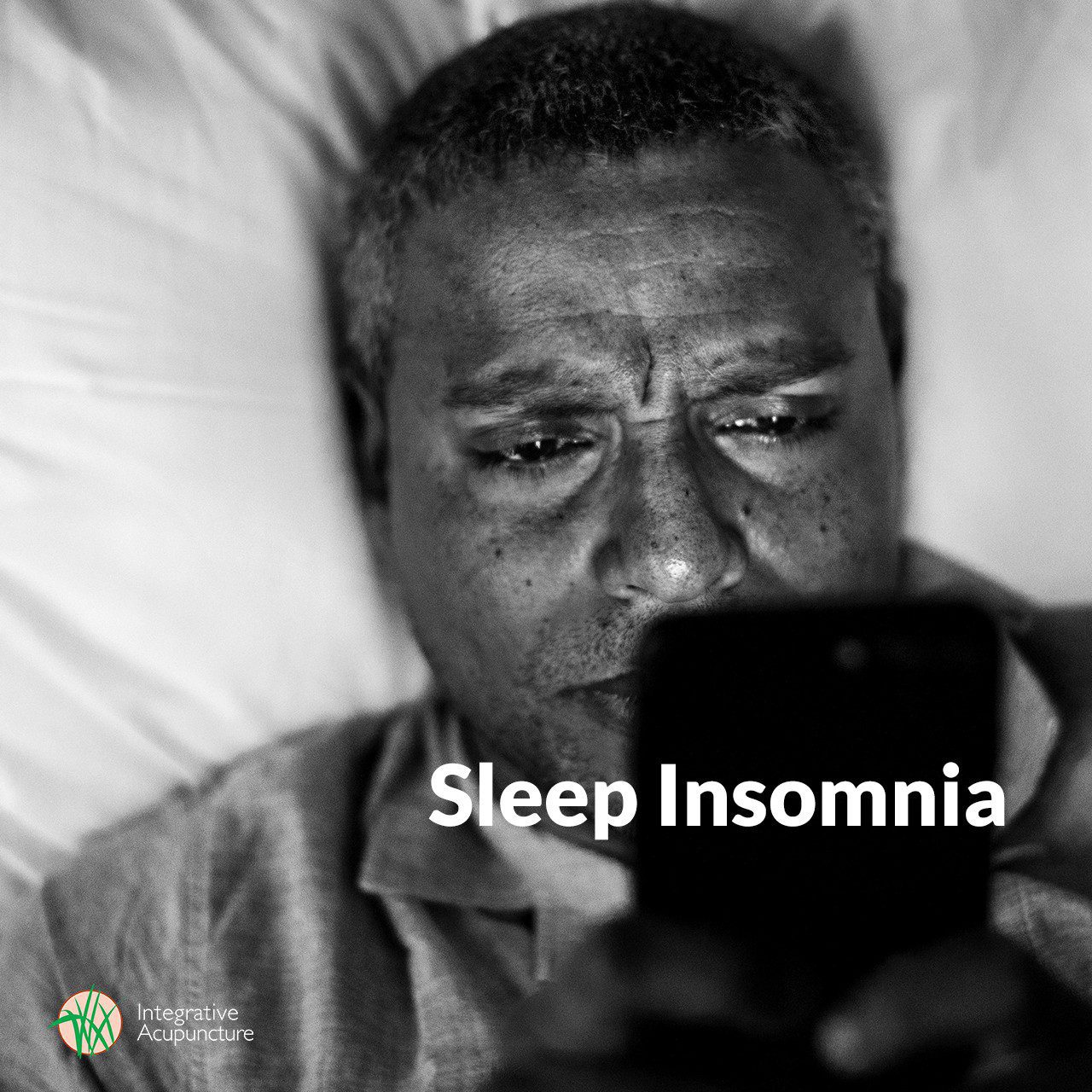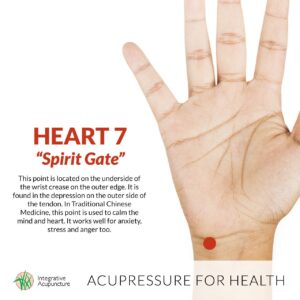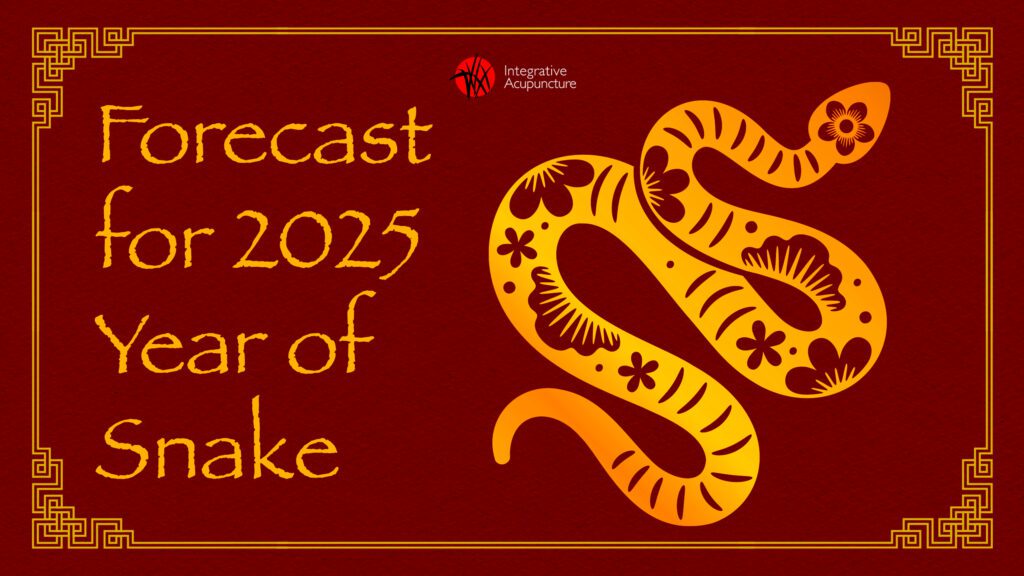You settle into bed, close your eyes and nothing happens, you just can’t fall asleep. Hours go by and still, you’re awake. The next day you feel tired, grouchy, and are unable to focus. Does this sound familiar?
According to the theories of acupuncture and Traditional Chinese Medicine (TCM), insomnia can stem from a number of internal catalysts such as emotional and mental stressors, improper nutrition, and chronic pain just to name a few.
To determine the underlying causes of your insomnia, take into account any external factors, including lifestyle, sleep environment, late-night artificial light exposure, and other stimulants that could be adding to sleeplessness. Here are some at home tips for natural insomnia treatments.
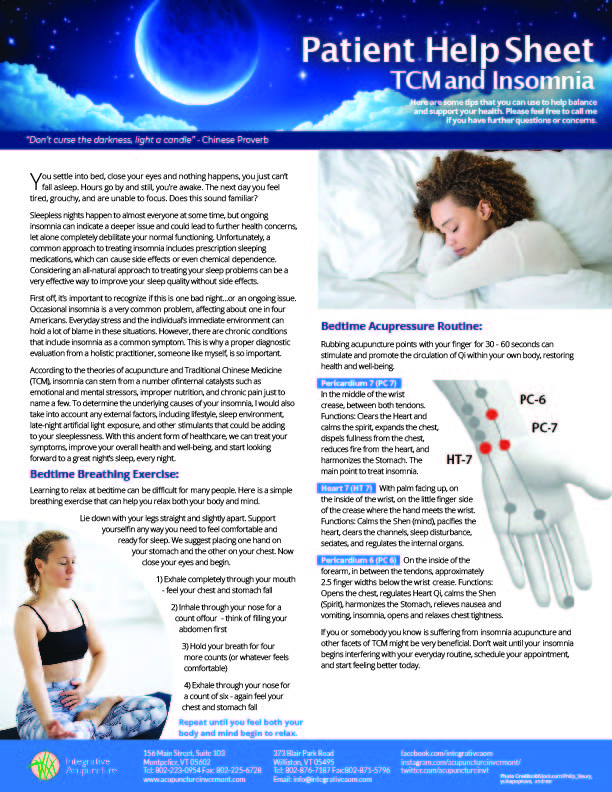
Download Patient Help Sheet
Bedtime Breathing Exercise:
Learning to relax at bedtime can be difficult for many people. Here is a simple breathing exercise that can help you relax both your body and mind.
Lie down with your legs straight and slightly apart. Support yourself in any way you need to feel comfortable and ready for sleep. We suggest placing one hand on your stomach and the other on your chest. Now close your eyes and begin.
1) Exhale completely through your mouth → feel your chest and stomach fall
2) Inhale through your nose for a count of four → think of filling your abdomen first
3) Hold your breath for four more counts (or whatever feels comfortable)
4) Exhale through your nose for a count of six → again feel your chest and stomach fall
Repeat until you feel both your body and mind begin to relax. Here’s a video with Dr. Kerry Boyle walking us through the breathing technique.
Bedtime Acupressure Routine:
Rubbing acupuncture points with your finger for 30 – 60 seconds can stimulate and promote the circulation of Qi within your own body, restoring health and well-being.
Pericardium 7 (P 7): In the middle of the wrist crease, between both tendons. Functions: Clears the Heart and calms the spirit, expands the chest, dispels fullness from the chest, reduces fire from the heart, and harmonizes the Stomach. The main point to treat insomnia.
Heart 7 (HT 7): With palm facing up, on the inside of the wrist, on the little finger side of the crease where the hand meets the wrist. Functions: Calms the Shen (mind), pacifies the heart, clears the channels, sleep disturbance, sedates, and regulates the internal organs.
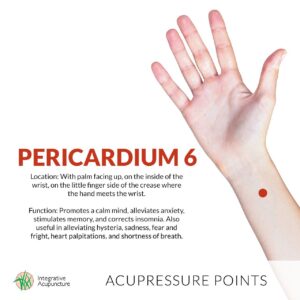 Pericardium 6 (P 6): On the inside of the forearm, in between the tendons, approximately 2.5 finger widths below the wrist crease. Functions: Opens the chest, regulates Heart Qi, calms the Shen (Spirit), harmonizes the Stomach, relieves nausea and vomiting, insomnia, opens and relaxes chest tightness.
Pericardium 6 (P 6): On the inside of the forearm, in between the tendons, approximately 2.5 finger widths below the wrist crease. Functions: Opens the chest, regulates Heart Qi, calms the Shen (Spirit), harmonizes the Stomach, relieves nausea and vomiting, insomnia, opens and relaxes chest tightness.
If you or somebody you know is suffering from insomnia acupuncture and other facets of TCM might be very beneficial. We hope you find these natural insomnia tips & tricks to be useful. Don’t wait until your insomnia begins interfering with your everyday routine, schedule your appointment, and start feeling better today.

